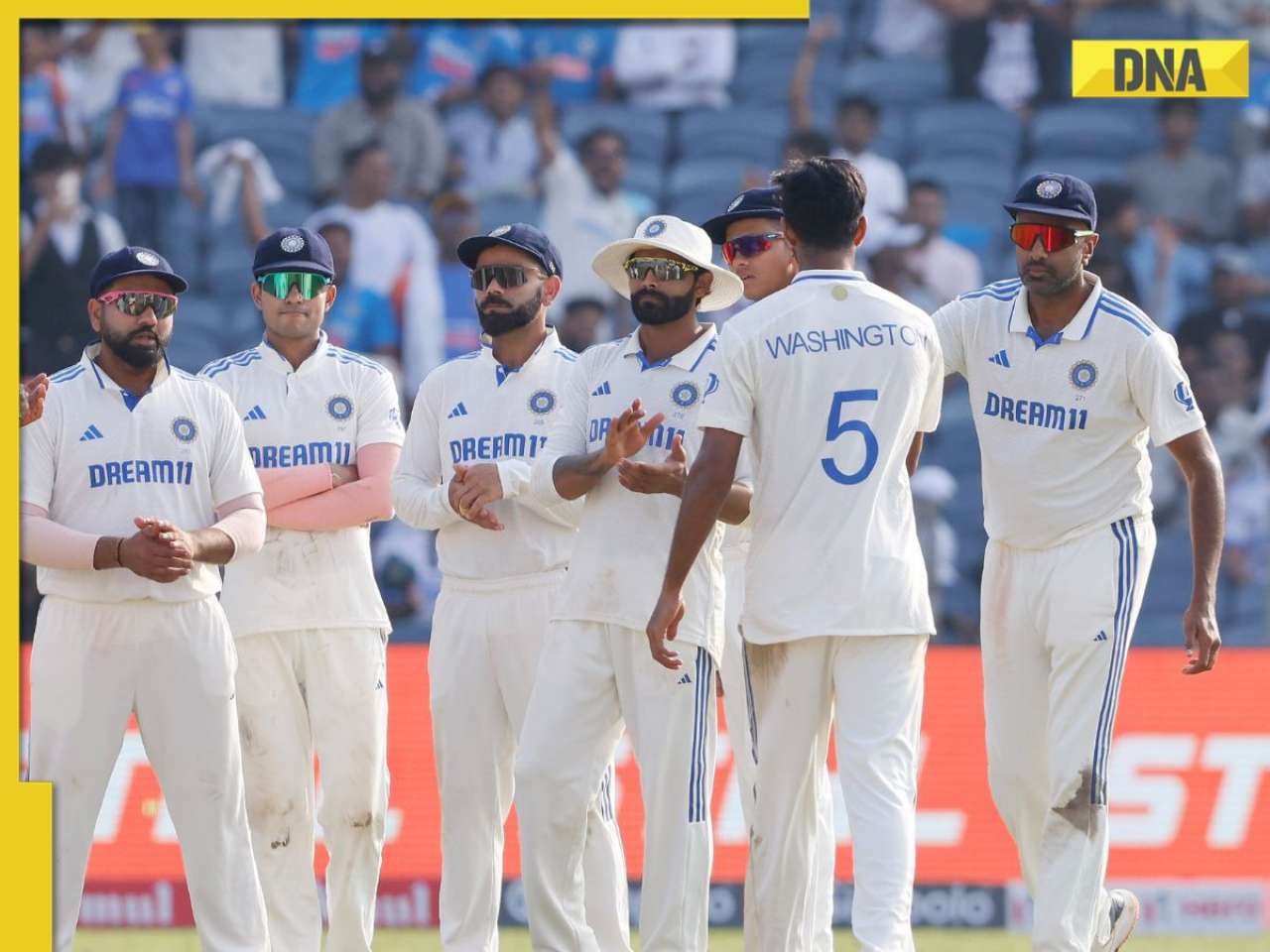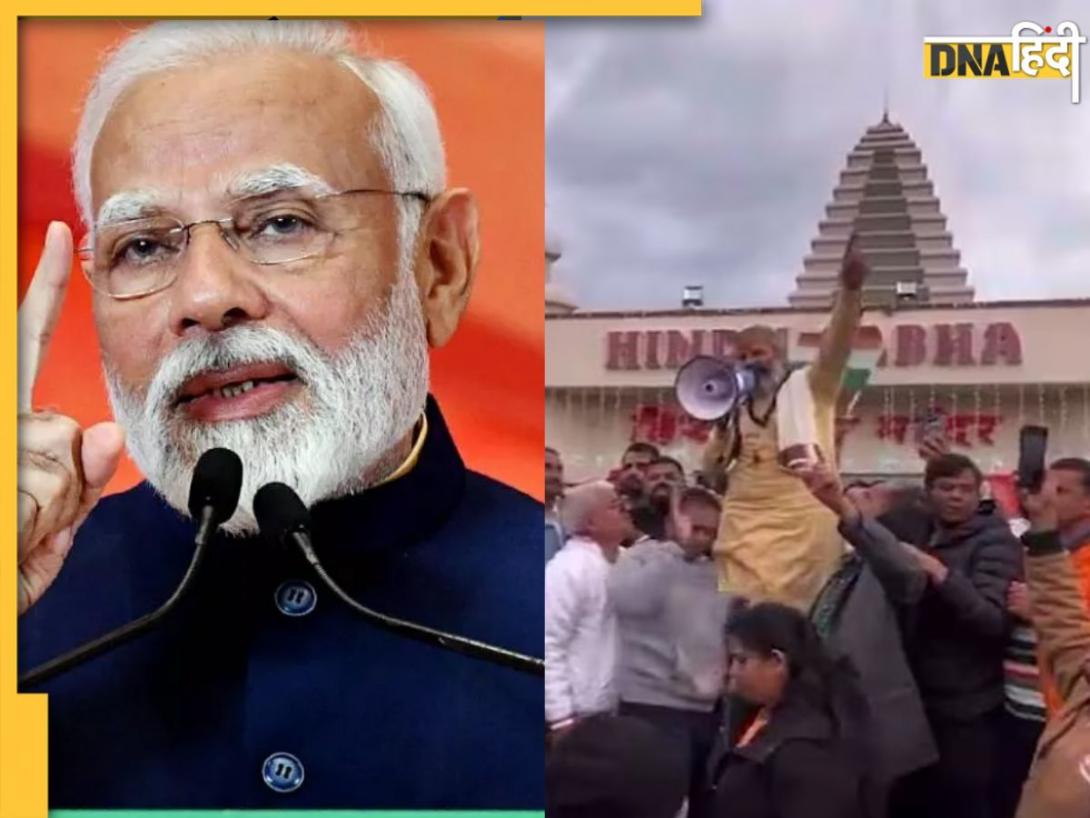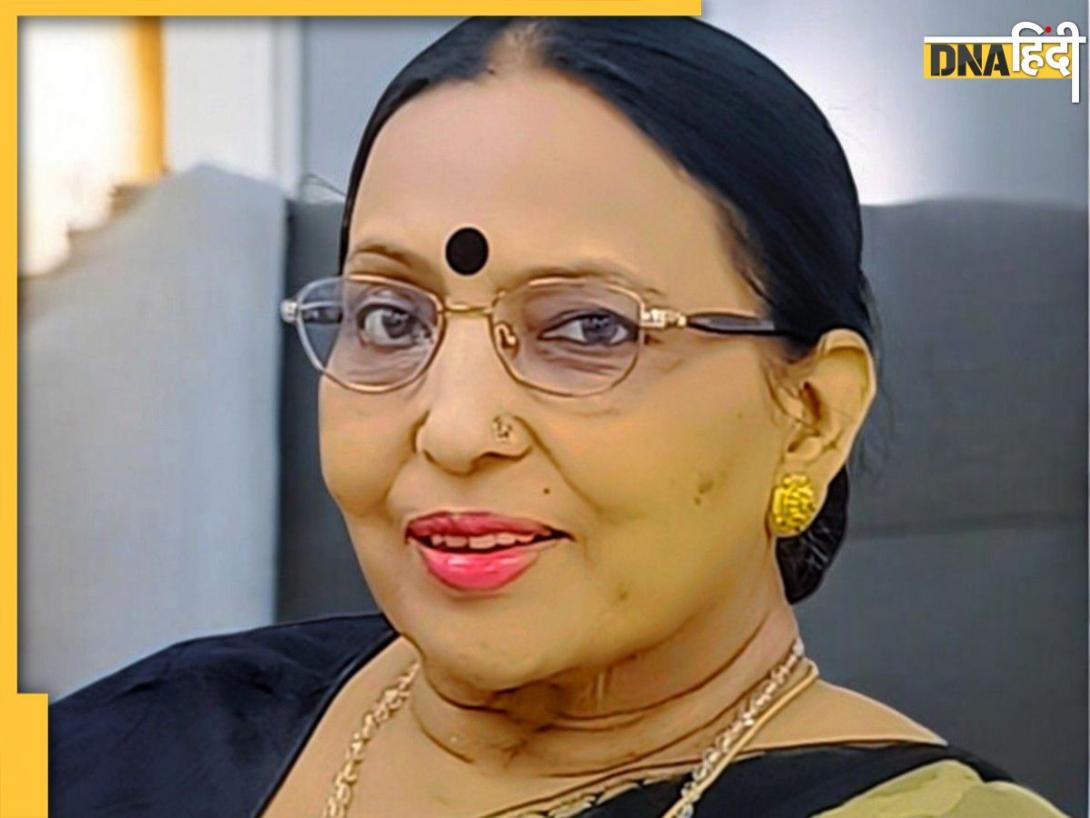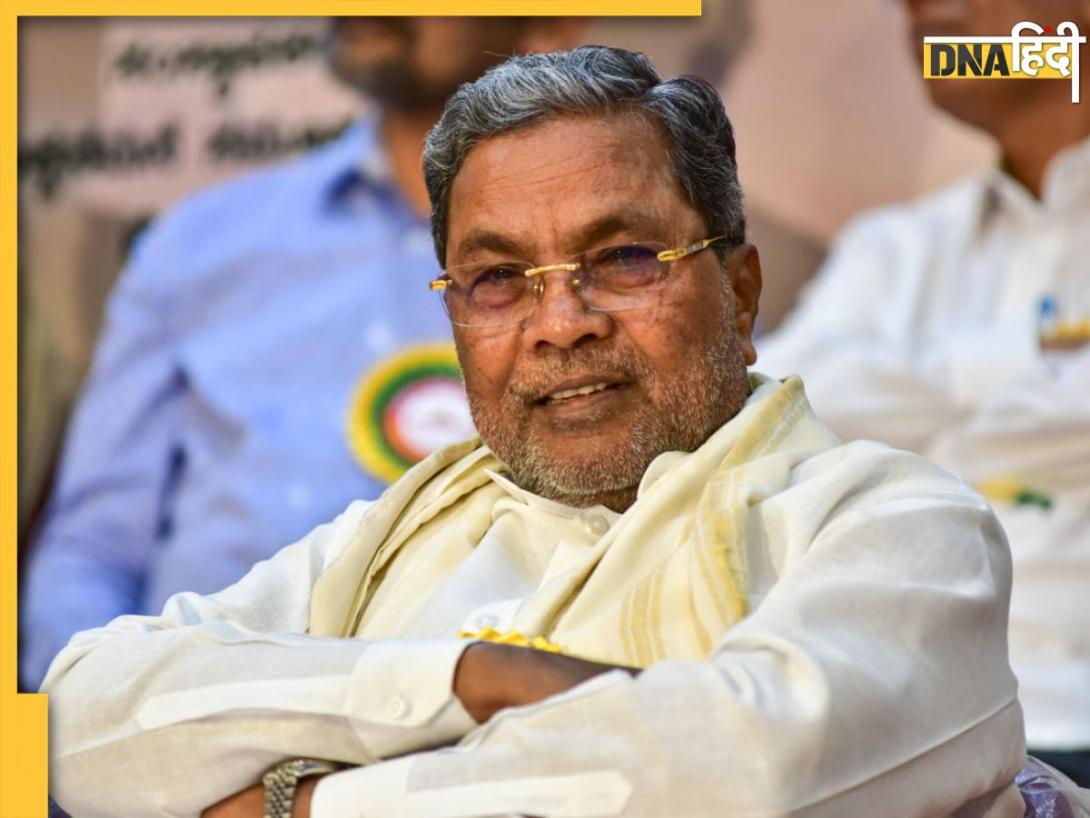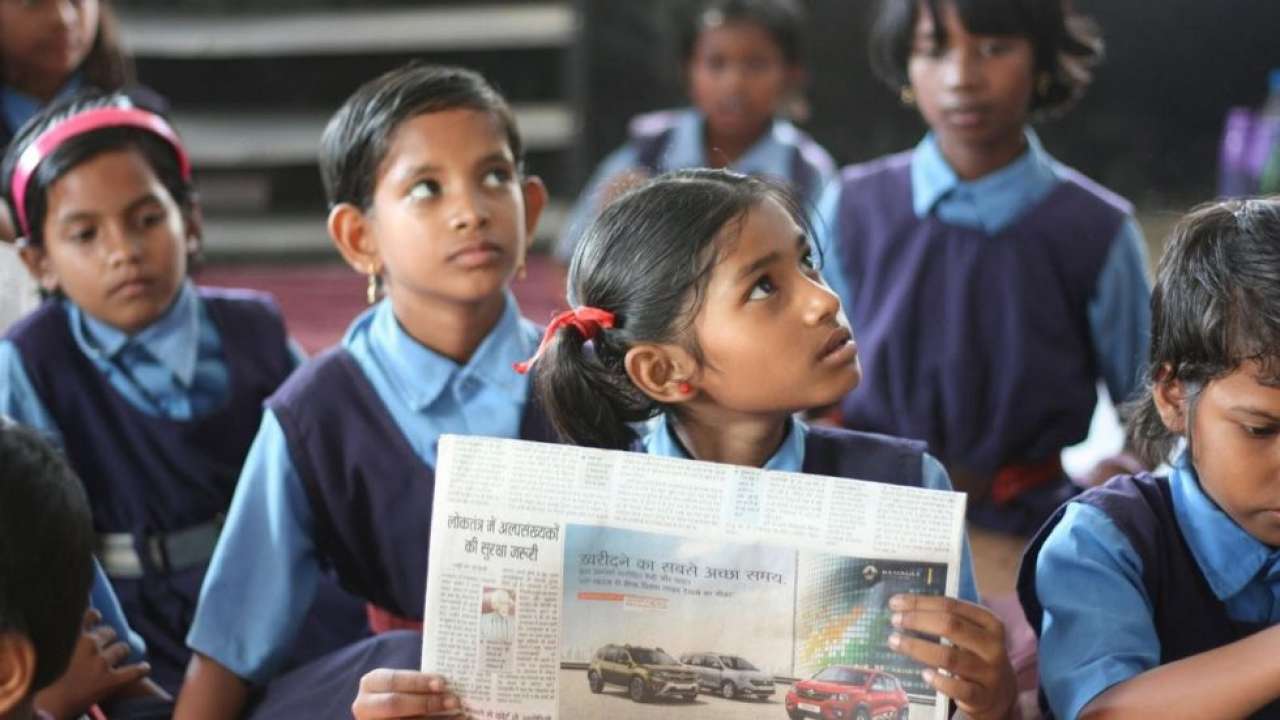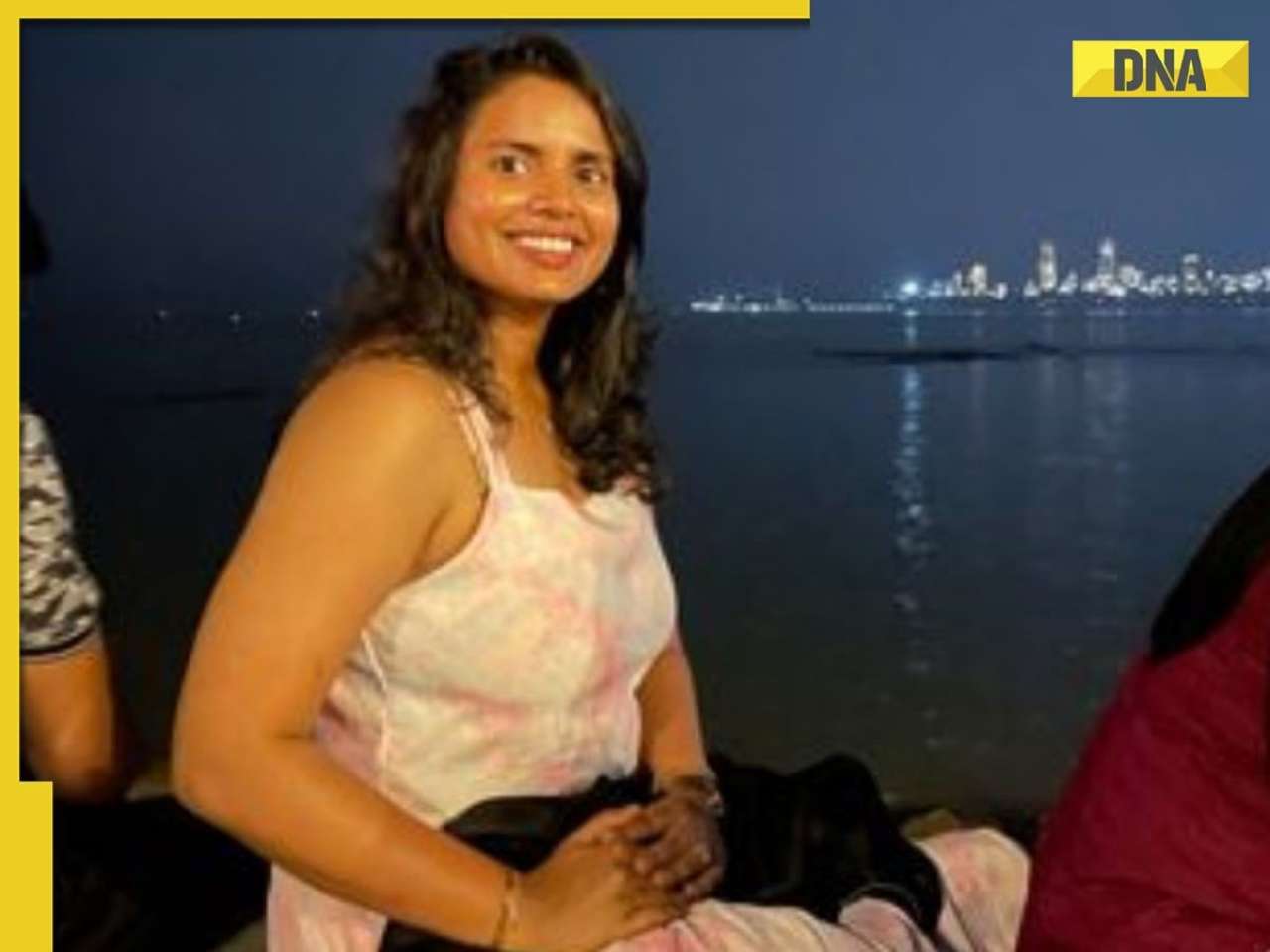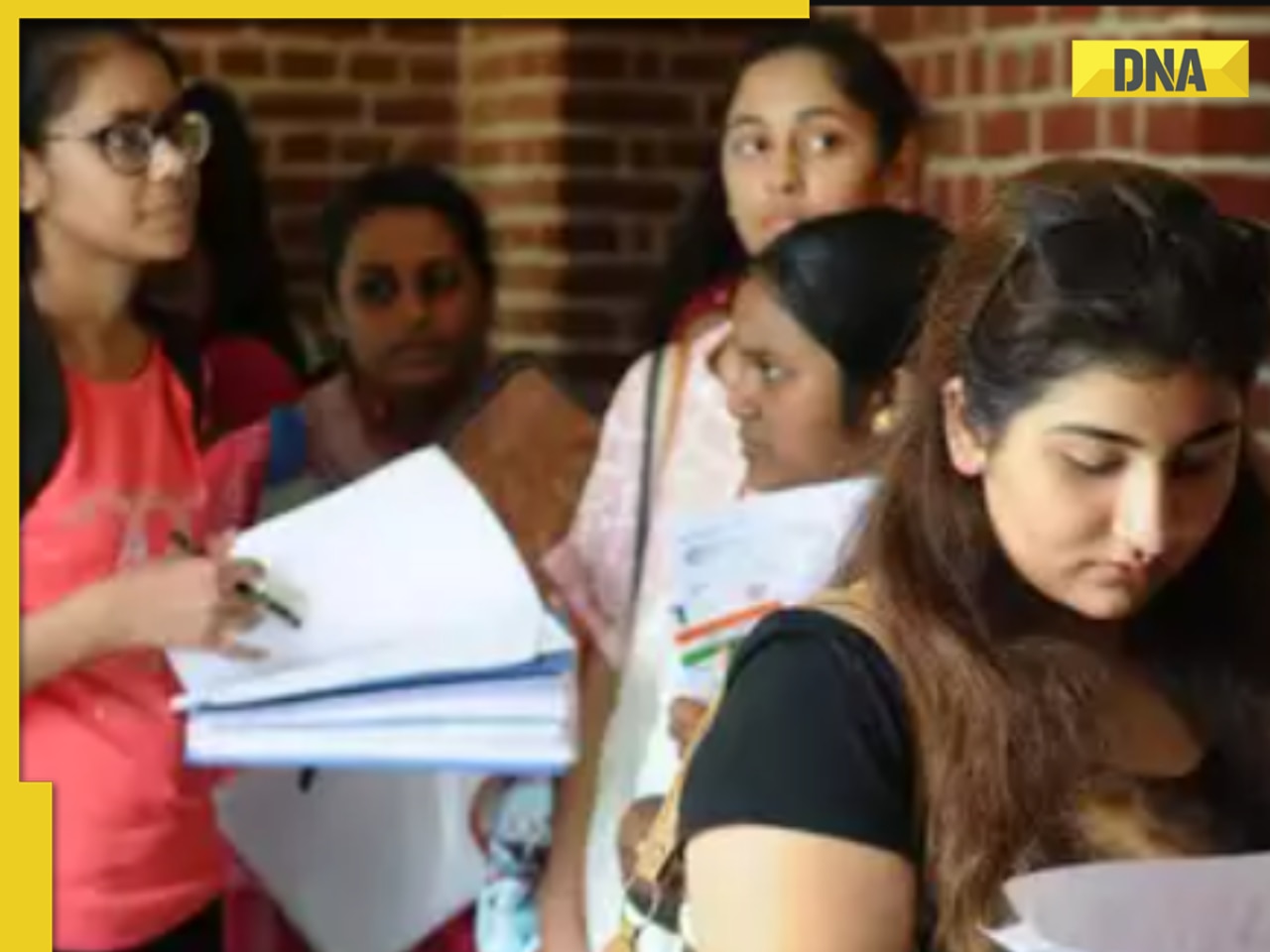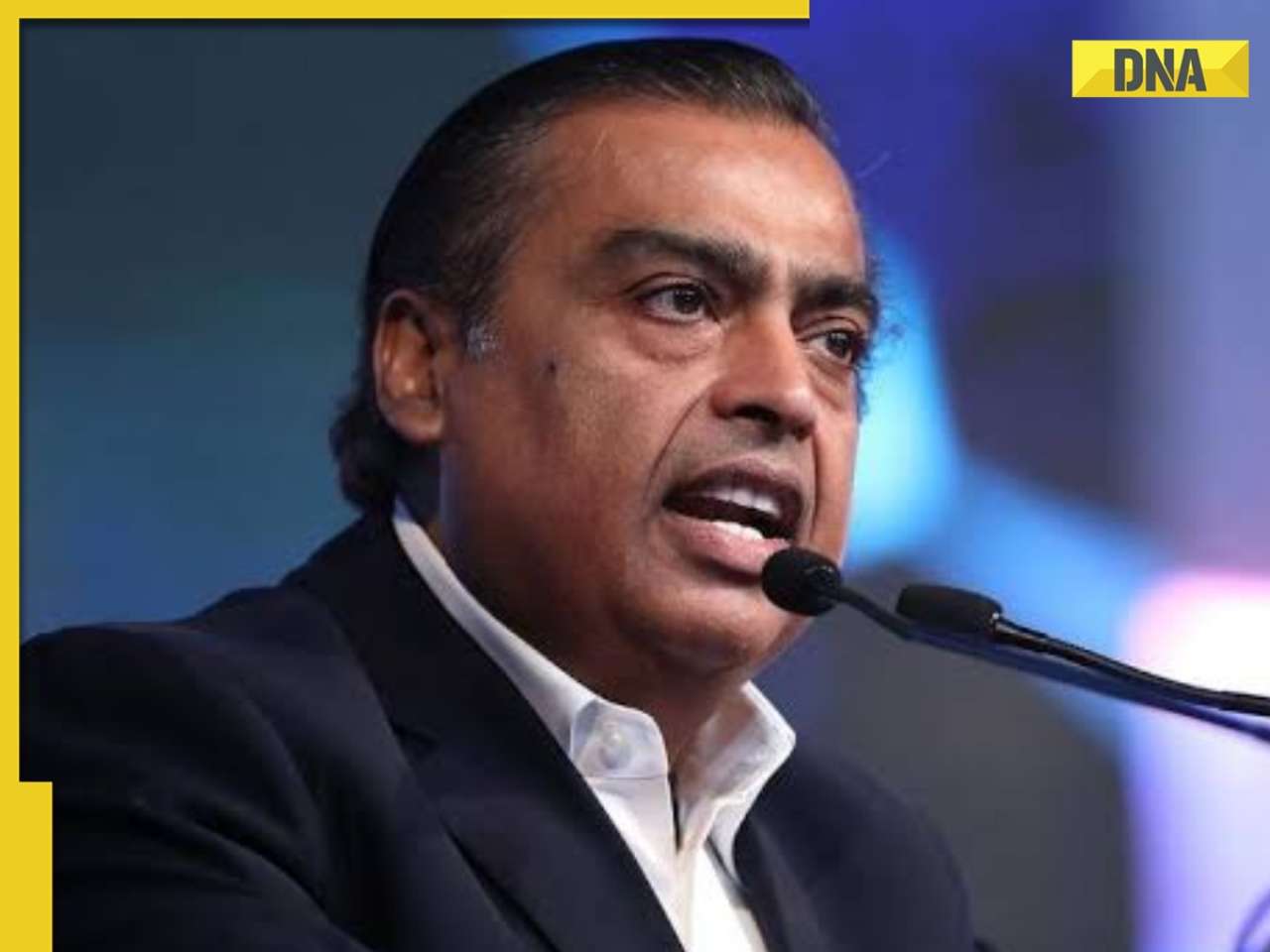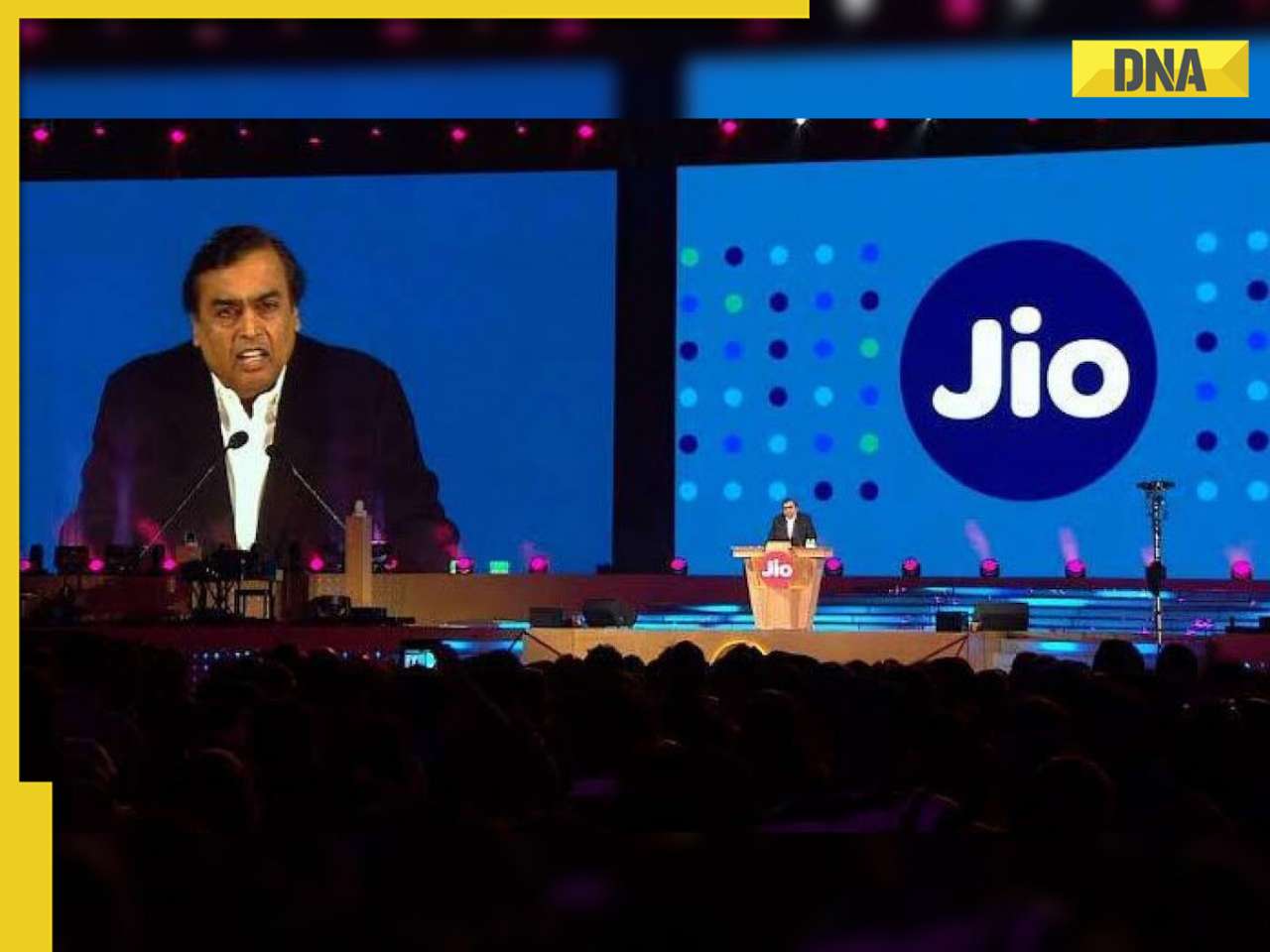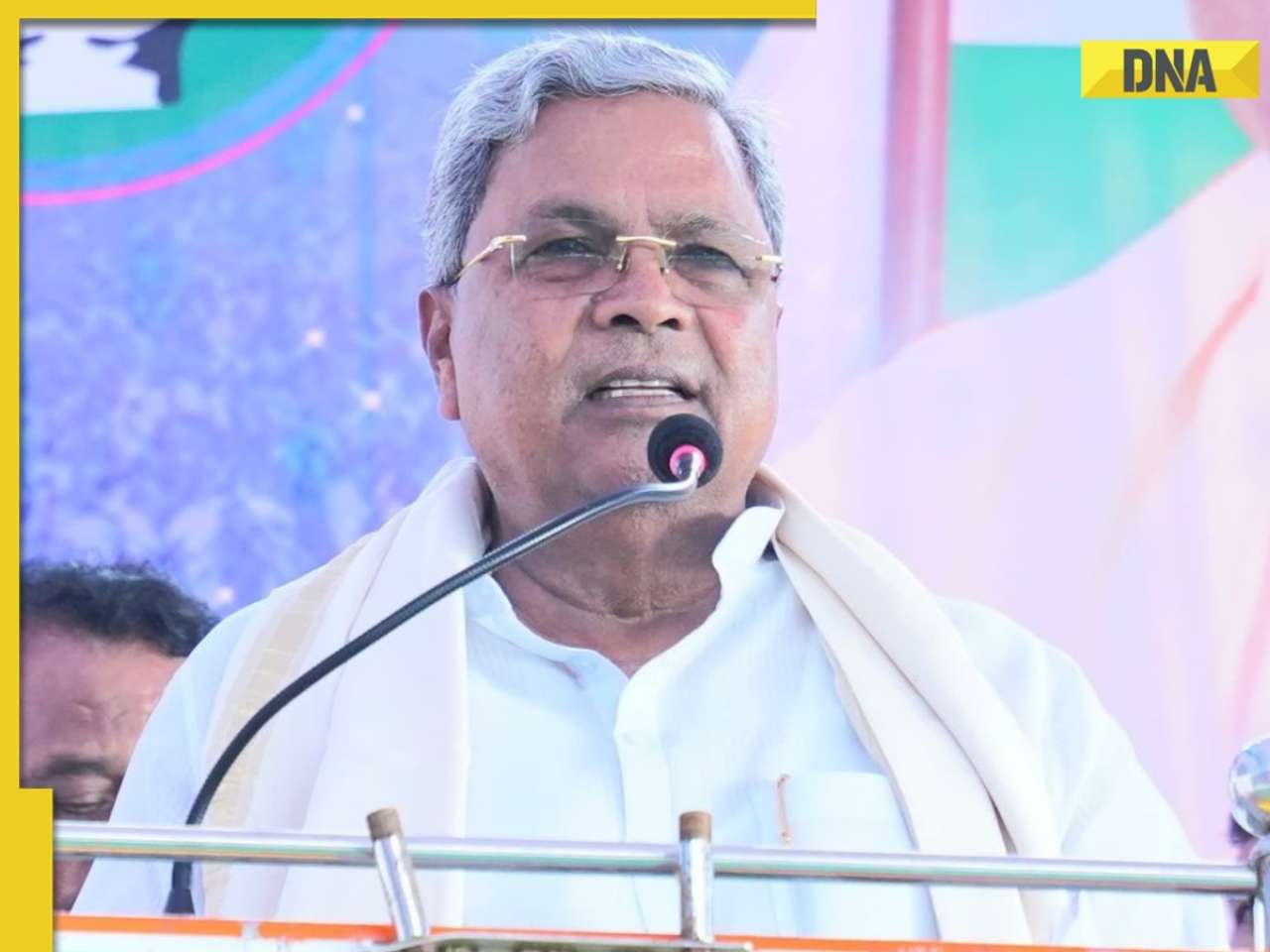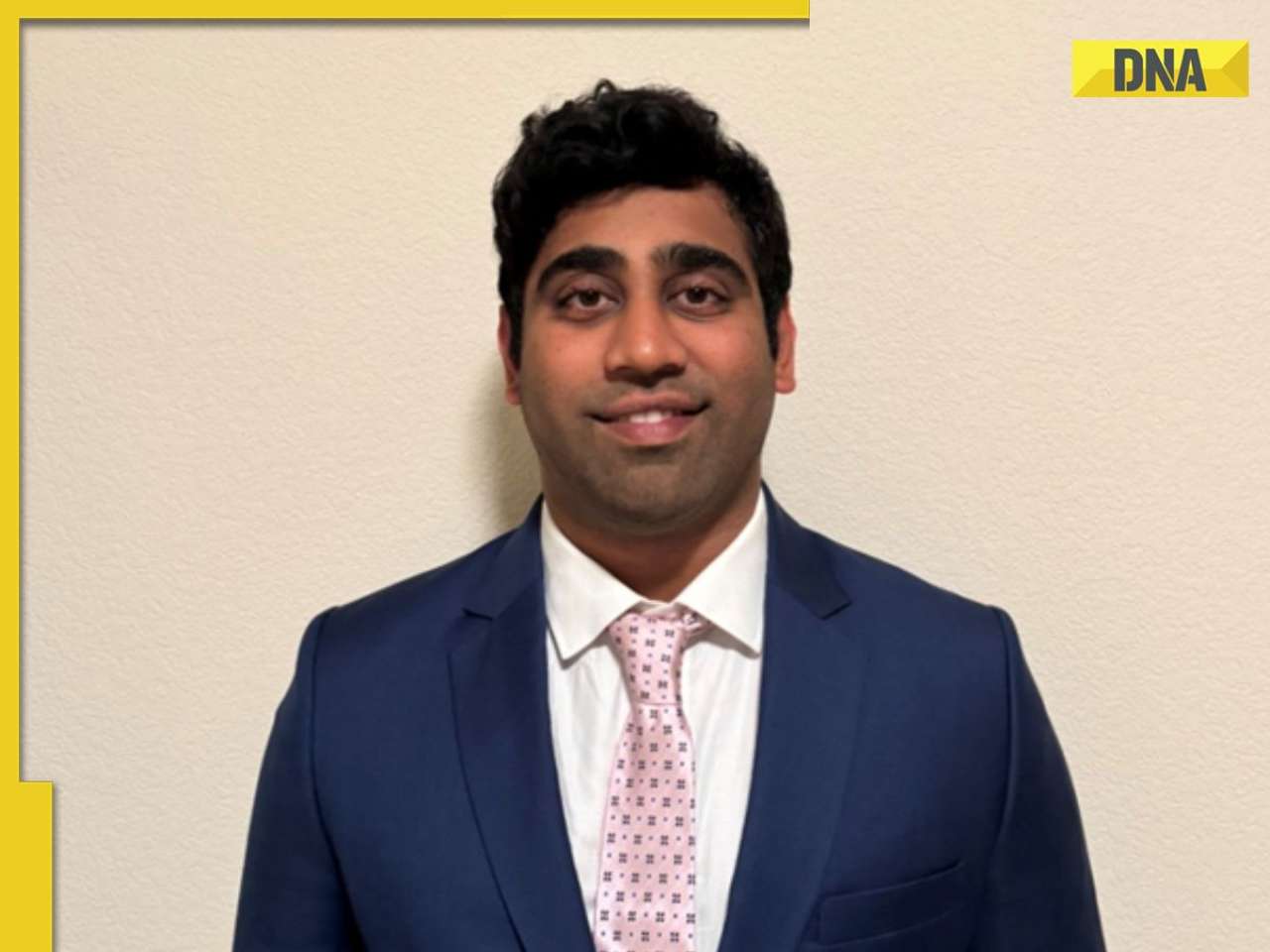- LATEST
- WEBSTORY
- TRENDING
LIFESTYLE
On a high (note)
Anando Mukerjee, the only Indian tenor in the world, will perform with the Symphony Orchestra of India next week.
TRENDING NOW
There is still some part of Anando Mukerjee that is a science man. Consider the analogy on his affinity for languages, a pre-requisite for his craft: “As a scientist, you have to remember so many different formulae classifications and derivations. I, too, am mentally programmed to learn and remember many languages.”
The molecular biology graduate from Cambridge is better known for his work on stage than in the laboratory. He is a tenor, a specific kind of opera singer. And one of a small number of Indian-origin people — including Celia Lobo, Patricia Rosario, Indira Mahajan and Zubin Mehta’s nephew Bejan — who have made a name for themselves.
It’s an unusual career choice for a Patna-born, Delhi-bred youngster, given that opera is an esoteric art in India, and far removed from our cultural heritage. Naturally, it’s also hard to find teachers. But Mukerjee says he knew quite early on, that opera was it. He’d heard random pieces by Mario Lanza and Al Martino on the All India Radio as a child, and was hooked. By the time he began watching Hollywood films of the 1950s — where “you came across person singing in this big voice” — Mukerjee was sure about singing as a hobby. He joined a choir in Delhi, the Capital City Minstrels, in 1994, singing oratorio, or hymns and spiritual music.
“Till I was 20, I was mostly interested in jazz and popular music,” says Mukerjee, who is in his early 30s. “Opera was just a side thing.” When he was 15, Mukerjee decided to take part in Alliance Francaise’s French Nightingale competition, where participants had to sing a French song. His piano teacher at the time recommended he go with the Flower Song, from the opera, Carmen.
“She knew I had an operatic voice, but when I said I had never heard the song, she gave me a recording,” says Mukerjee. It was, coincidentally, a tape of Nickolai Gedda, who was to later become Mukerjee’s mentor and guide. “Years later, when I trained with him, I got a chance to study the Flower Song. It was wonderful.” Nevertheless, it’s a well-thought-out career choice. “Traditional music of the 1930s, 40s and 50s doesn’t have a market today,” says the tenor. “But opera, being a classical art form, will always find support, particularly from the government. Its one of the pillars of the Western society.”
But what about India, where a taste for opera is only just beginning to move out of excusive circles? Has Mukerjee ever considered a jugalbandi with an Indian classical vocalist? “I’ve haven’t had a chance to, but I’d like to,” says Mukerjee. He was in talks with a Hindi film music director, but nothing came of that. He feels a real jugalbandi, would be a western classical orchestrator analysing styles of Indian music — ghazals, Rabindra Sangeet, Bollywood — and borrowing from them.
For someone with no classical vocal experience, Mukerjee had to work twice as hard. “I had to learn technique, anatomy of the voice and how it works. For two years, I did nothing but vocal exercises.”
As an Indian-origin opera singer who lives in London and performs all over the world, Mukerjee had to work hard to break into the opera circuit, especially since he didn’t go to a conservatory or music college. But being brown-skinned certainly helps him pass off as Italian or Greek. This helps, given that he is an Italianate tenor; that is, he is most comfortable singing in Italian (though he does know French, Spanish, German and Russian too).
Plus he is a lyric tenor — defined as someone with a clear, ringing voice with brilliant notes which can go quite high. Which means Mukerjee typically gets the romantic leads and other pivotal roles in opera — Pinkerton from Puccini’s Madame Butterfly, Nemorino in Donizetti’s L’elisir d’amore, and his unforgettable 2006 debut as Rodolfo in La Boheme at the Belgrade National Opera.
He will reprise some of them for his performance in Mumbai this week, with an arias from Andre Chenier and other from Romeo and Juliet, besides a duet from Faust and part of the quartet from Guiseppe Verdi’s Rigoletto. “Coming to Mumbai to do an opera gala is exciting,” says Mukherjee. “I have been performing and touring India extensively for the last 10 years. But I always feel like Mumbai is my musical home in the country.”

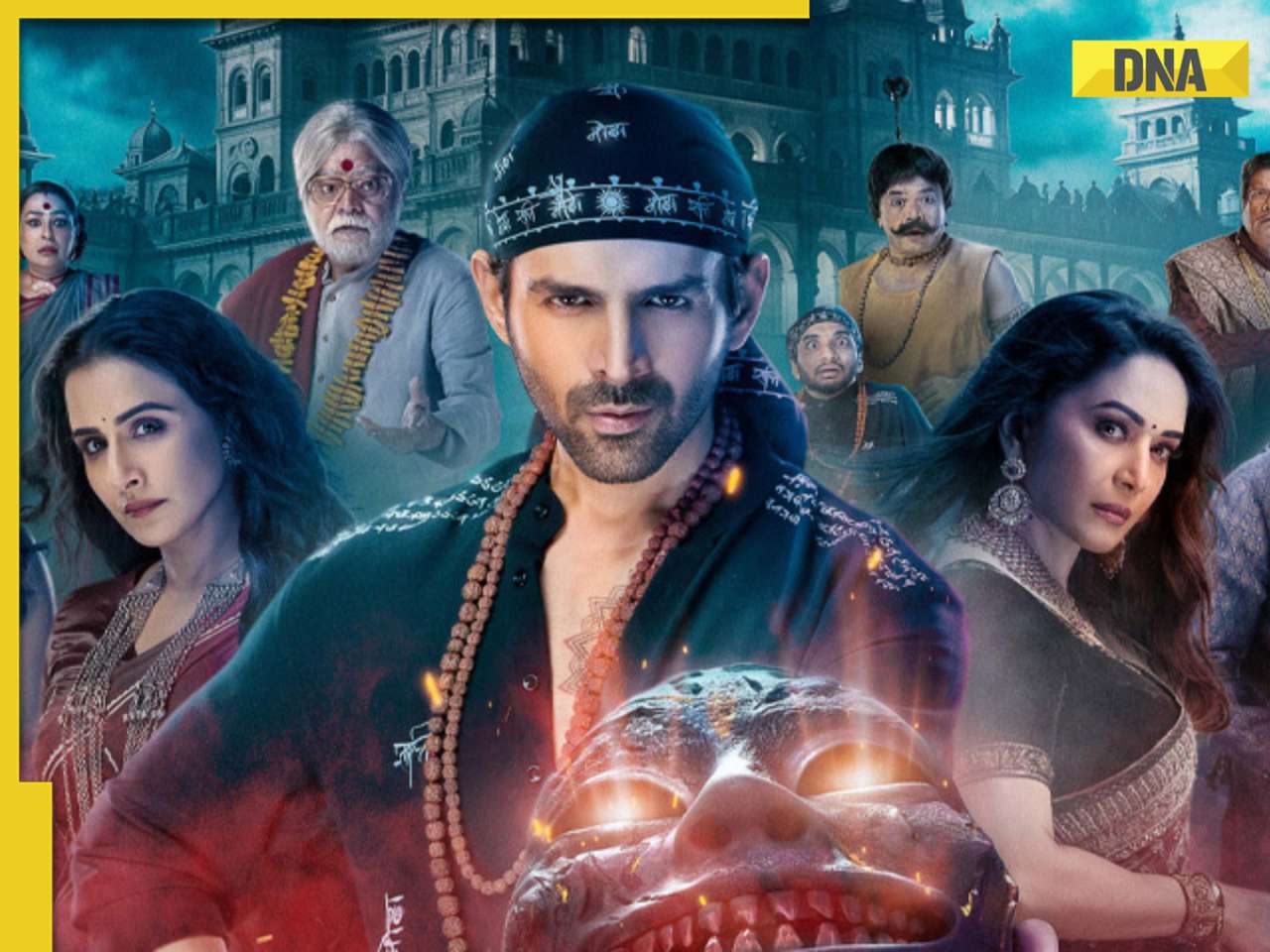






)
)
)
)
)
)
)
)
)
)
)
)
)
)
)







